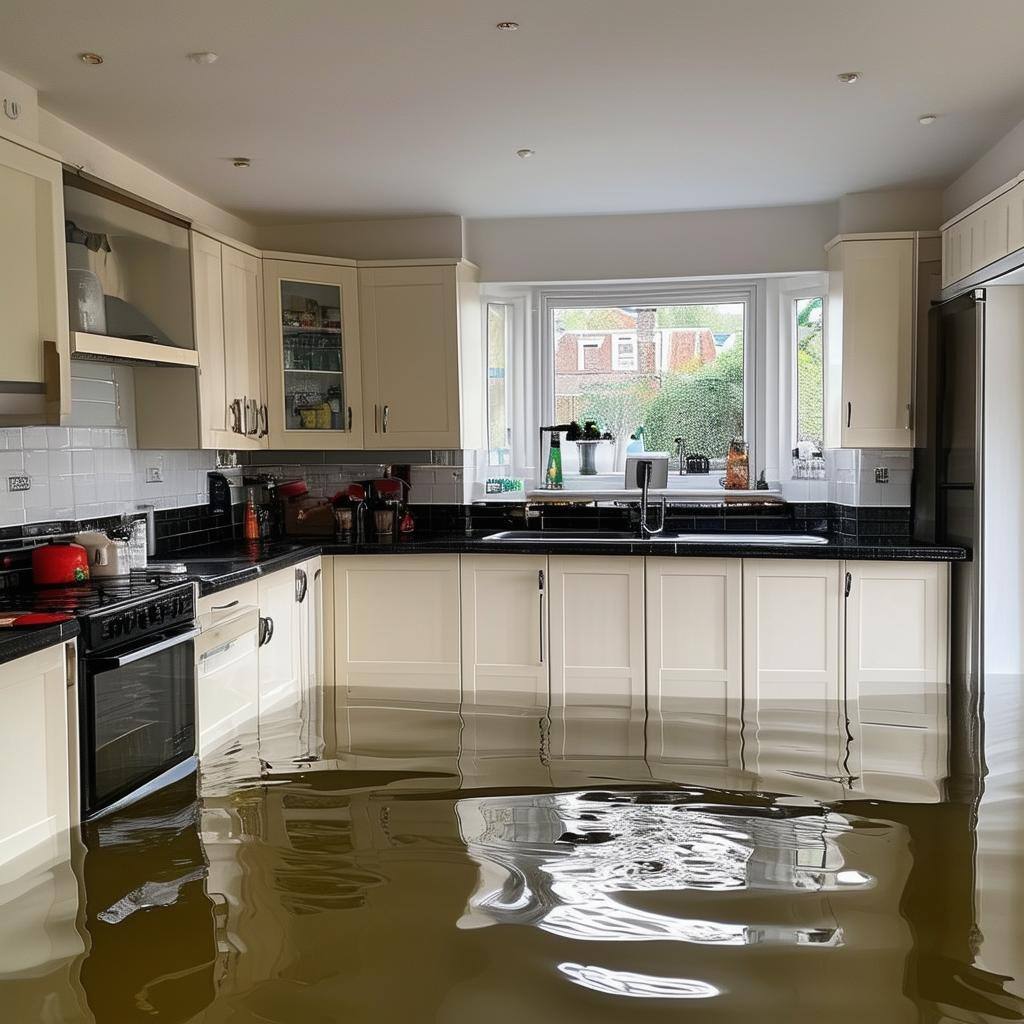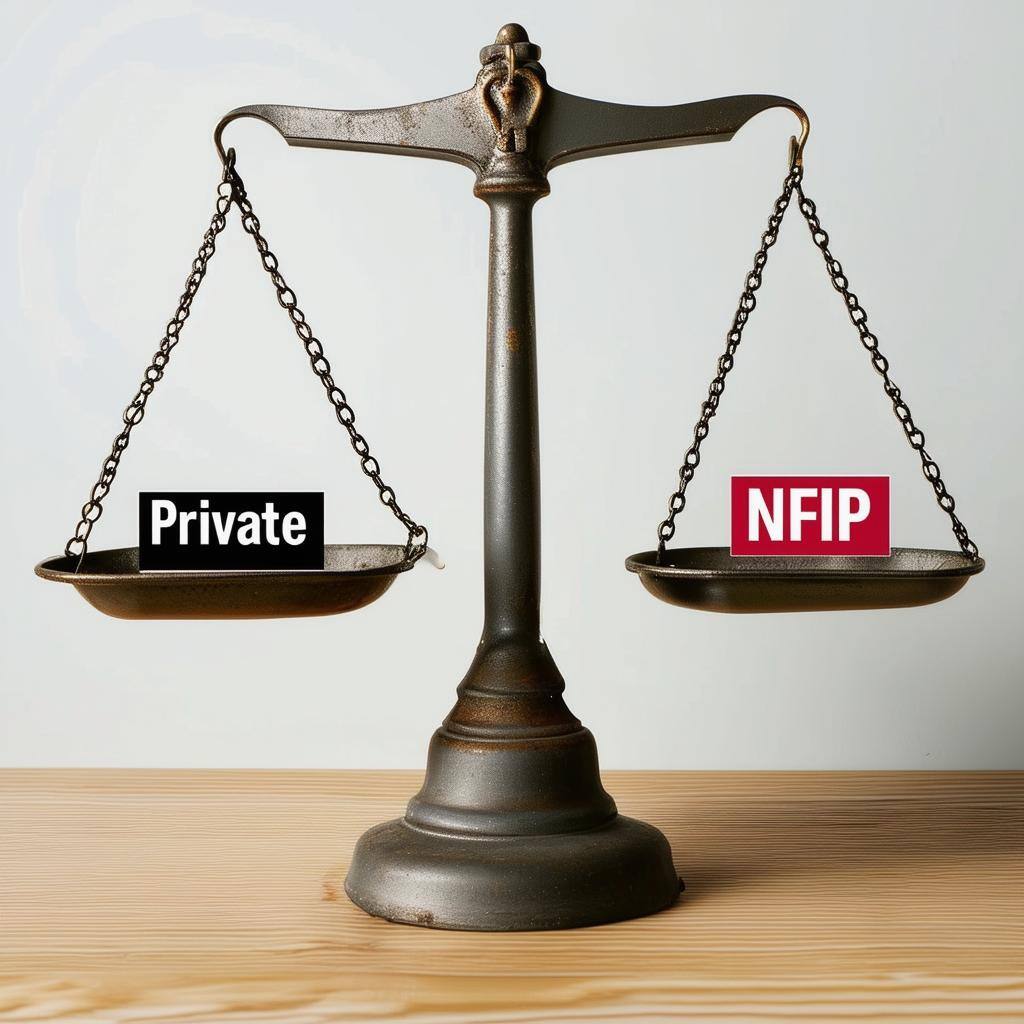Flood Insurance in Columbus, Georgia – Protect Your Property from Flood Risks
Living in Columbus, GA, comes with many benefits, but flooding is a real concern—especially for homes near the Chattahoochee River. With seasonal rains and potential river surges, the risk of flood damage is significant. Unfortunately, standard homeowners insurance won’t cover flood-related losses, leaving you financially exposed.
This guide will walk you through flood risks, FEMA-designated flood zones, and available coverage options. Let’s explore how flood insurance can protect your home, belongings, and peace of mind.
Flood Insurance in Georgia
Looking for flood insurance in Georgia? Just locate your area in the search bar before. Can’t find your city no problem we service the entire state of Georgia.
Don't See Your City? Click Here.

What’s Your Flood Risk in Columbus, GA?
Flooding can come from anywhere—seasonal storms, river surges, or just too much rain all at once. Living near the Chattahoochee River increases the risk, and Columbus has seen its share of floods, like those in 1994 and 2005. If those events taught us anything, it’s that flood insurance isn’t optional if you want to avoid a major financial hit.
Even if you’re not near the river, heavy rains can still cause flash floods, and your regular insurance won’t cover it. Why gamble? Get covered and keep your peace of mind intact.
Chattahoochee River Increases Flood Risks:
Homes near the Chattahoochee River face heightened risks from seasonal storms and river surges, with severe floods recorded in 1994 and 2005, causing extensive damage.
Flash Floods Can Strike Anywhere:
Even properties away from the river aren’t immune to flash floods caused by heavy rains, making flood insurance essential no matter where you live in Columbus.
Standard Insurance Won’t Cover Flood Damage:
Homeowners insurance doesn’t include flood protection, so having flood insurance is the only way to avoid financial disaster when flooding occurs.
Flood Zones in Columbus, GA—What You Need to Know
Knowing your flood zone helps you pick the right policy and avoid surprises when the lender asks for coverage. Here’s a quick breakdown of the flood zones around town:
-
Zone A & AE (High Risk):
These are the big-risk areas—usually near the Chattahoochee River—and flood insurance is required if you have a federally backed mortgage. -
Zone X (Low to Moderate Risk):
This is where flood insurance isn’t required, but I’ll tell you right now—it’s still worth it. A lot of flood claims come from low-risk areas, so don’t assume you’re safe just because you’re in Zone X.
How to Find Your Flood Zone:
Hop on FEMA’s Flood Map Service Center, punch in your address, and find your zone. Knowing where you stand helps you understand your premium costs and coverage options.

Flood Insurance Coverage Options for Columbus Homeowners
Flood insurance isn’t just about covering the basics. Here’s what you’ll need to make sure your home—and your lifestyle—stay intact:
-
Building Property Coverage:
This covers the bones of your house—walls, floors, built-in appliances, plumbing, and electrical systems. If floodwaters hit, this policy ensures you can repair or rebuild without draining your savings. -
Personal Property Coverage:
Don’t forget your stuff—furniture, clothes, electronics, and all the little things that make a house feel like home. Personal property coverage helps you replace your belongings without going broke after a flood. -
Additional Living Expenses (ALE) Coverage:
If a flood forces you out of your home, ALE coverage covers temporary housing, meals, and storage fees. The right policy makes sure you can maintain your lifestyle while repairs are underway.
NFIP vs. Private Flood Insurance – Which One is Right for You?
There are two main options for flood insurance: NFIP (National Flood Insurance Program) and private insurance. Here’s the lowdown:
-
NFIP:
The NFIP provides solid coverage with limits up to $250,000 for the structure and $100,000 for personal belongings. But it has limitations—it doesn’t always cover Additional Living Expenses (ALE), and it might not be flexible enough for some homeowners. -
Private Flood Insurance:
Private policies often offer higher limits, ALE coverage, and better rates. If you want more control over your coverage, private insurance might be the way to go. Compare NFIP and private policies to see what works best for you.

How Much Will Flood Insurance Cost in Columbus, GA?
Flood insurance premiums in Columbus usually fall between $700 and $1,200 a year, but your exact rate will depend on a few factors:
- Flood Zone: If you’re in Zone A or AE, your premiums will be higher because of the increased risk.
- Elevation & Location: Got a house on higher ground or further from the river? You might score lower premiums.
- Coverage Limits & Deductibles: Adjusting your deductible is one way to control your premium. Higher deductibles = lower monthly costs, but you’ll need to cover more out of pocket if you file a claim.

Protect Your Columbus Home—Get Covered Today
Flood insurance isn’t something to put off—Columbus’s history of floods tells us that much. Whether you’re a homeowner or a renter, securing the right policy gives you peace of mind. Don’t wait for the next storm to remind you why you need it. Get ahead of the curve and protect your investment now.
Get a Free Flood Insurance Quote Today!
Ready to find the best flood insurance policy for your home? Contact us now for a no-obligation quote and we’ll walk you through the options—whether you go with NFIP or private insurance.
Frequently Asked Questions About Flood Insurance in Columbus, GA
Is flood insurance mandatory in Columbus?
Yes, it’s required for homes in high-risk zones with federally backed mortgages. But even if it’s not required, it’s highly recommended.
How do I find my flood zone?
Use the FEMA Flood Map Service Center to search by address. It’s quick, easy, and gives you a clear view of your risk.
What does ALE coverage include?
ALE covers temporary housing, meals, and storage costs if a flood forces you out of your home during repairs. It’s a lifesaver if you’re displaced.
Learning Center
Looking for more information on flood risk and insurance protection?



